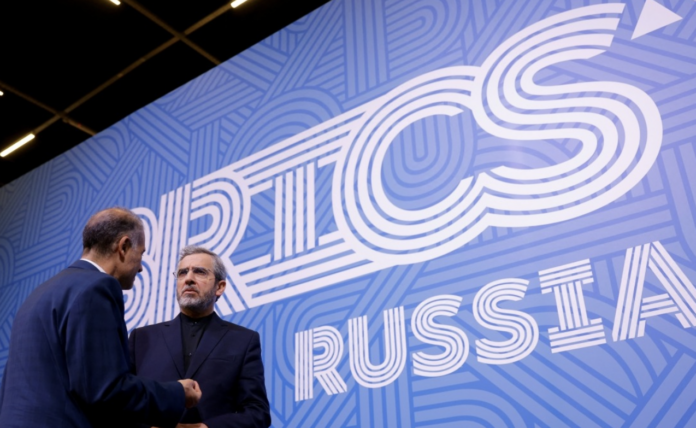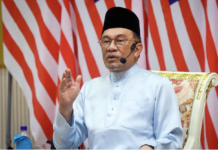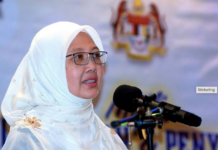KUALA LUMPUR, June 18 – Joining BRICS will enable further diversification in Malaysia’s strategic relationships, making the nation’s voice heard in discussions that involve key powers, emerging or otherwise.
Malaysia’s Institute of Strategic and International Studies (ISIS) chairman Datuk Prof Dr. Mohd Faiz Abdullah said whether it concerns trade promotion, development funding through the New Development Bank (NDB), or even new currency arrangements, it is critical for Malaysia to be at the BRICS table.
“Building our ties with these key countries will make our economy more resilient,” he said when contacted by BERNAMA to comment on Malaysia’s intention to join BRICS, the acronym denoting the bloc initially made up of the emerging national economies of Brazil, Russia, India, China, and South Africa.
Prime Minister Datuk Seri Anwar Ibrahim, in an interview with Chinese media outlet Guancha published on Monday, said Malaysia has set its sights on joining the BRICS group and will start the process of joining soon.
Commenting further on the matter, Mohd Faiz said Malaysia’s intention in joining BRICS shouldn’t be interpreted as a shift away from the country’s longstanding, traditional relationships, including with countries of the West.
He said the Global South is a strategic reality that cannot be ignored, and such a move is not a zero-sum game.
“Prime Minister Datuk Seri Anwar Ibrahim has iterated on various occasions, in the best traditions of our diplomacy, Malaysia will seek to harness the complementarities between our various ties,” he said.
According to Mohd Faiz, joining BRICS is the natural corollary to Malaysia’s current efforts to move the needle in the Global South agenda.
BRICS, initially established in 2009 as a cooperative platform for emerging economies, witnessed Iran, Egypt, Ethiopia, and the United Arab Emirates (UAE) joining the grouping as new members in January 2024.
Malaysia’s announcement to join BRICS comes weeks after Thailand expressed its willingness to become a member of the bloc.
According to an Anadolu Agency report, Thai Foreign Minister Maris Sangiampongsa, in his remarks during a meeting with his Chinese counterpart Wang Yi, on the sidelines of the BRICS Foreign Ministers’ Summit in the Russian city of Nizhny Novgorod, said Thailand is willing to join the BRICS mechanism as soon as possible.
The news of Malaysia intending to join BRICS has also prompted various reactions from local and international political observers on social media platforms.
An X platform user, Jonathan Rodriguez, said Malaysia’s decision could significantly impact global economics and geopolitics.
“Joining BRICS would enhance trade and investment opportunities, increase Malaysia’s geopolitical influence, and shift regional dynamics in Southeast Asia. This move might also bolster BRICS’ efforts to develop an alternative financial system and strengthen the voice of the Global South,” he added.
















